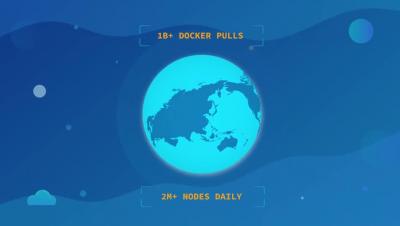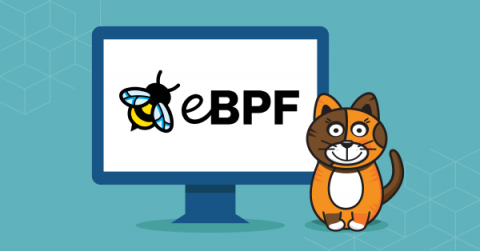Operations | Monitoring | ITSM | DevOps | Cloud
August 2022
Community Spotlight series: Calico Open Source user insights from Sr. Software Developer, Burak Tahtacıoğlu
In this issue of the Calico Community Spotlight series, I’ve asked Burak Tahtacioglu from ParkLab Technology to share his experience with Kubernetes and Calico Open Source. Let’s take a look at how Burak started his Kubernetes journey, and the insights he gained from Calico Open Source. Q: Please tell us a little bit about yourself, including where you currently work and what you do there. I am a Sr. Software Developer in our Developer Experience team.
Troubleshooting microservices: Challenges and best practices
When people hear ‘microservices’ they often think about Kubernetes, which is a declarative container orchestrator. Because of its declarative nature, Kubernetes treats microservices as entities, which presents some challenges when it comes to troubleshooting. Let’s take a look at why troubleshooting microservices in a Kubernetes environment can be challenging, and some best practices for getting it right.
What is eBPF and what are its use cases
With the recent advancements in service delivery through containers, Linux has gained a lot of popularity in cloud computing by enabling digital businesses to expand easily regardless of their size or budget. These advancements have also brought a new wave of attack, which is challenging to address with the same tools we have been using for non cloud-native environments.





